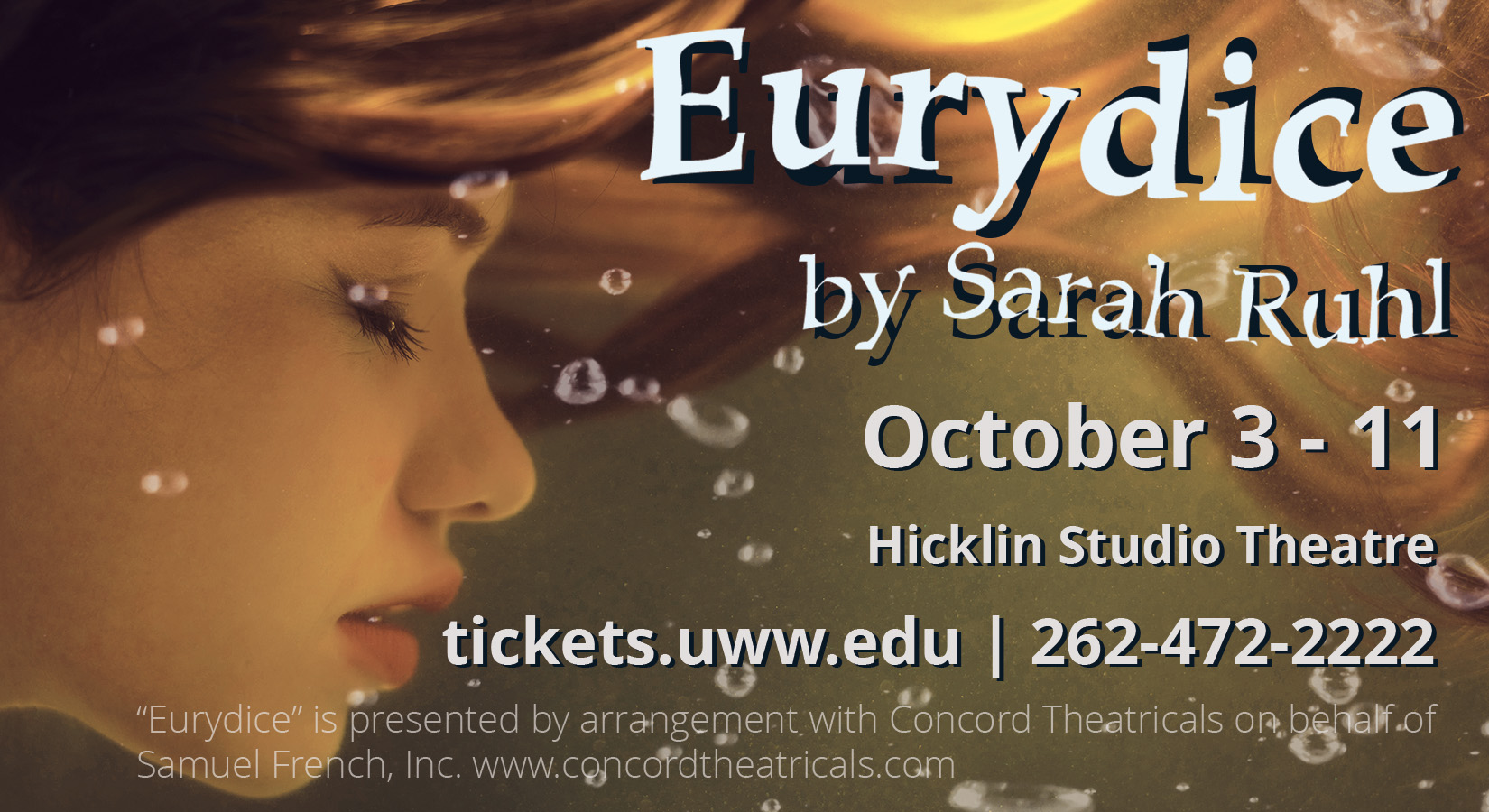Passport Parking app arrives on campus
January 21, 2019
Coming back from winter break, students, staff and faculty will no longer see meters in parking lots on campus. Taking their place is the Passport Application that allows drivers to pay for parking via their smart phone or other devices.
“I think it’s a step in the right direction because it’s a hassle to collect quarters when most of the time I use my card to pay. I would always ask my family to save their quarters as a joke,” said sophomore student Rhiannon Kazmierczak. “Technology is advancing in the world so we have to keep up with it.”
University of Wisconsin-Whitewater Police Services Department Chief Kiederlen hopes to see the Passport app solve two major problems on campus. Drivers will no longer need to carry coins and the issue of meters failing to provide service will be taken care of.
While there are many positives to the new app, some staff still remain wary of the accessibility for all users.
“There’s still the possibility of the inconvenience for community members and visitors to have to download an app on their phones in order to park on campus. This might disenfranchise people who do not have a smart phone” said a member of academic staff Jess Clayton.
Upon coming back, drivers will also notice that Lot 4 will be closed for the construction of the new dormitory and the power plant and Lot 14 is now re-opened.
“There has been more construction during this academic year than normal because of the continued construction,” said Kiederlen. “We understand this may cause inconveniences for some students and we really are sorry about that. Due to building contracts and policy, we have to continue the construction of the facilitated projects.”
Kiederlen encourages students to utilize the available parking on Prince Street until construction is finished and to continue to reach out to the police department for any issues.
As campus experiences these changes, Kiederlen reminds students to be kind.
“The parking people that you interact with are your fellow students, so remember to treat them just as they are, human beings just like you,” Kiederlen said.













